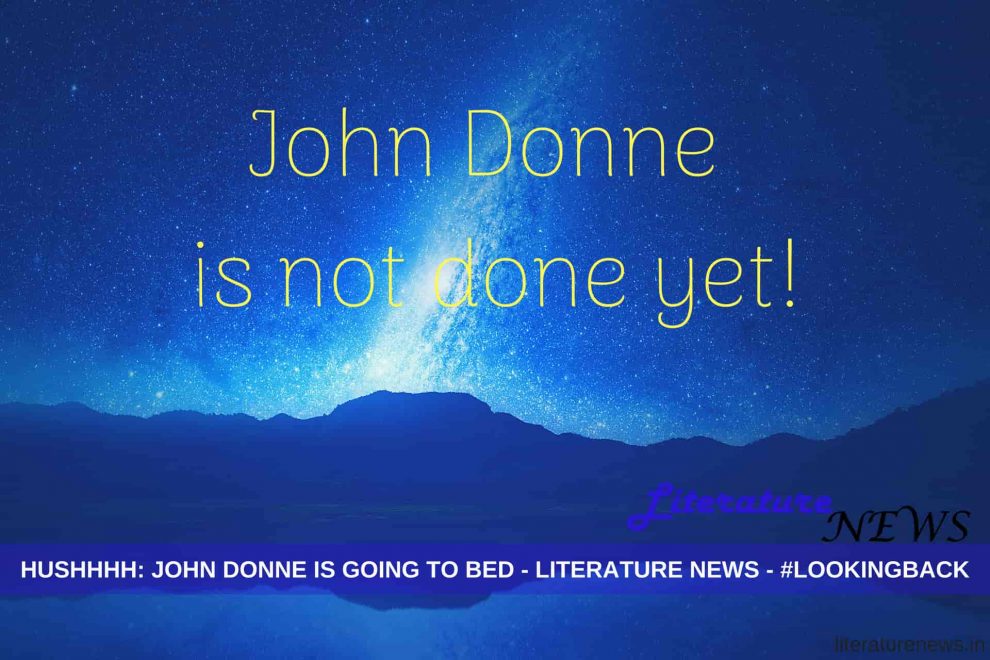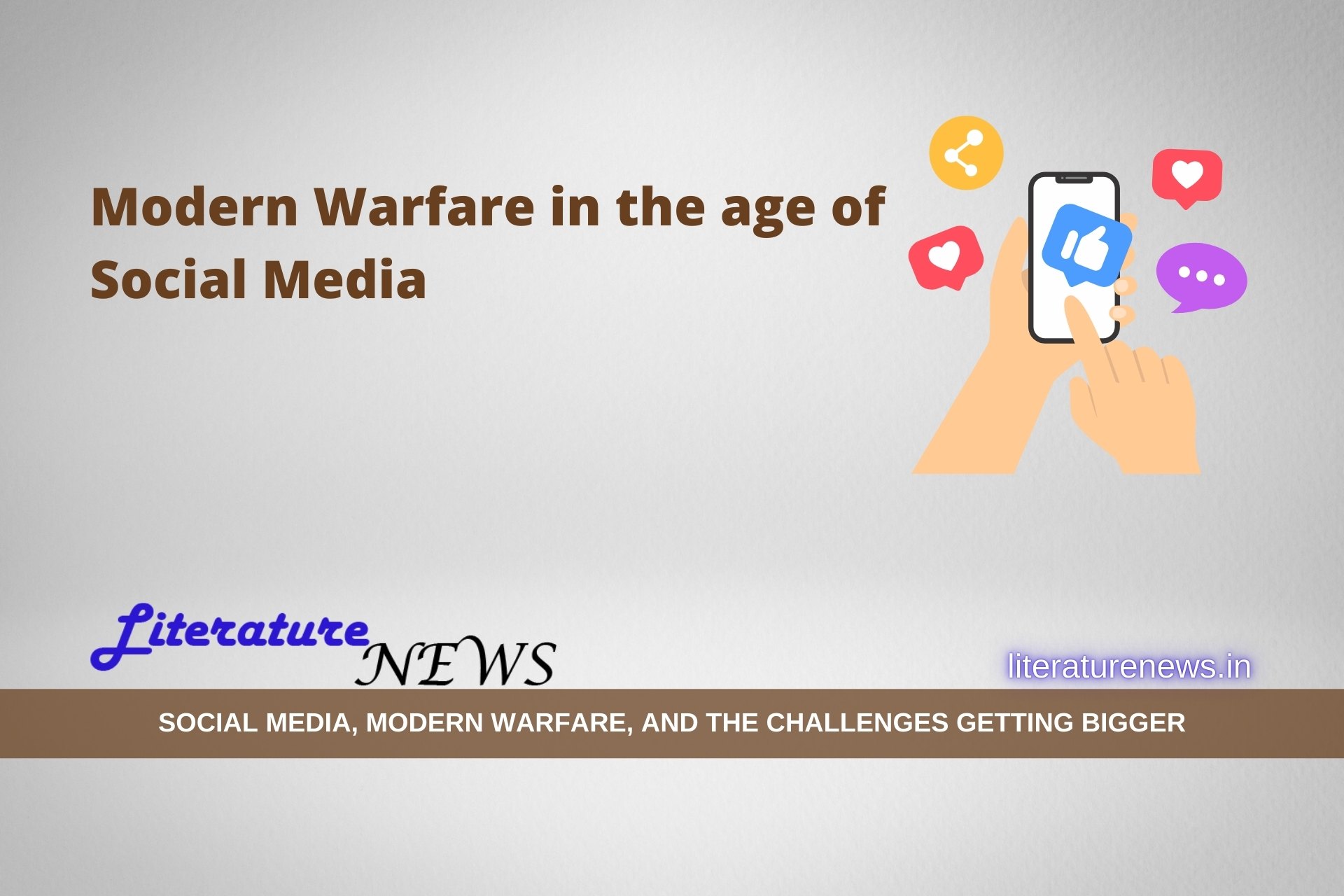John Donne and his metaphysical poetry have been at the centre of debates over the centuries and once highlighted by Eliot, his poetry tasted another level of fame in the corridors of literary elites. However, there are the things related to John Donne which have, also, tasted notoriety. One such thing, I remember, is the series of his elegies that seems more otherwise than being wise. However, it is all our scholarly pre-occupations which allow us to engage in such volatile criticism. Whatever, let’s open the chapters of seemingly ‘lust’ once again and let’s see what John Donne means when he says the popular (in all the ways) lines:
“The foe oft-times having the foe in sight,
Is tir’d with standing though he never fight.”
Who is foe? Who is the other foe? Who is the madam? What is standing? What fight is being prepared? What the poet discusses about this fight when ‘the bed time dawns’?
Many questions like the above ones arise in the minds of the readers as soon as they come across these lines, the 3rd and the 4th; what it does is that it accelerates the minds of the readers to further their poetry reading and read the Elegie XIX by John Donne completely. When the poem ends, it ends with a triumph:
“To teach thee, I am naked first; why then
What needst thou have more covering than a man.”
So, a celebration is there. I still remember my ever-happy and charismatic professor, D. P. Singh, Nalanda College, who always thought high of Donne and often told me (yea, I was his favourite :)) that John Donne’s poetry, even the seemingly sensuous ones, have always some meanings beyond this physicality of human beings. I agreed; I agree and I will be agreeing. However, to question is the nature of human beings and to transcend, certainly, beyond it will certainly take a lot of questioning.
Do the lines mean what we or most of the people, who read these lines, think? Is John Donne really talking about his penis in the poem? Yes, be frank in asking questions and ask it like that. I have also read some critics who claim that the ‘tired of standing penis’ of John Donne is ‘massive in size’; now I don’t know from where the critics like John Carey and others (it was Carey, mainly) could see the unemployed words coming to play. Carey was questioned by another critic named William C. Dowling in his book The Senses of the Text: Intensional Semantics and Literary Theory.
Letting the theories and critical remarks float in the air, independently, for a while and I will focus more on Donne’s poem – Going to Bed.
“O my America! my new-found-land,
My kingdom, safeliest when with one man mann’d,
My Mine of precious stones, My Empirie,
How blest am I in this discovering thee!
To enter in these bonds, is to be free;”
It’s not new seeing Done comparing the human body to the map, globe or even the world. However, this time, Donne actually goes ahead and he seems too invested in his ‘new-found-land’. Lines above the extract from the poem are written:
“Licence my roving hands, and let them go,
Before, behind, between, above, below.”
Oh, Donne – how could it be done! How could the sensual imagery surpass all El James’ empire and erotica written in the modern day! It’s beautifully done and let me accept it that I believe what many others believe – Donne seems to celebrate the joy, the union, the passion and he celebrates it without any boundaries. And I ask – where is the ‘thing beyond this physicality’? And I get:
“Full nakedness! All joys are due to thee,
As souls unbodied, bodies uncloth’d must be,”
And now I rest my case!
opinion by Alok for Literature News






Add Comment